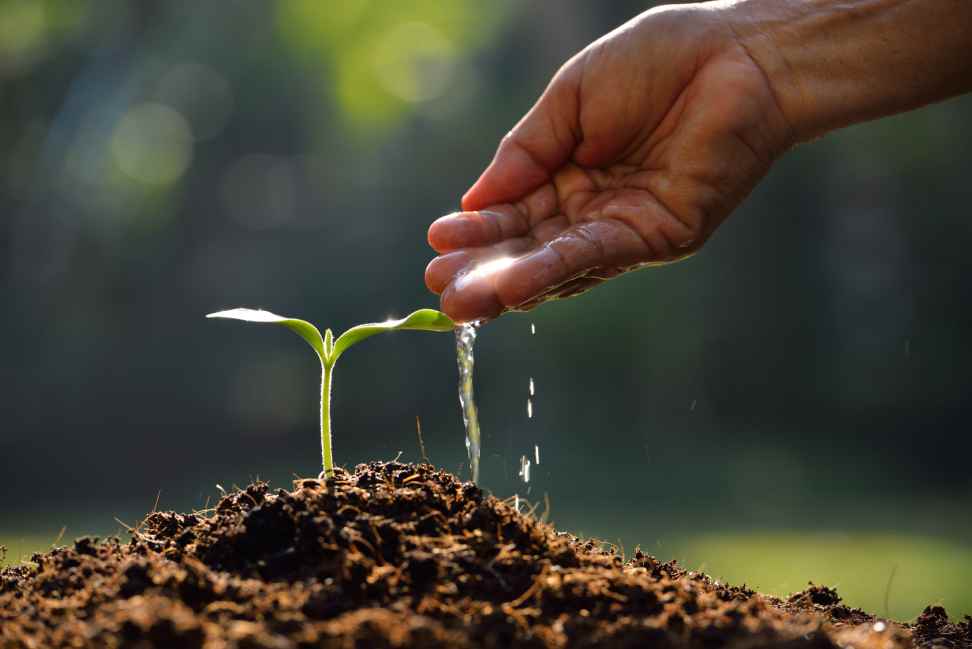100exch, Matchexch9, Laser 247.com: Water scarcity has emerged as a pressing issue across the globe, affecting various regions in profound ways. With the world’s population steadily increasing, the demand for water has escalated, leading to shortages in many parts of the world. This scarcity of water resources poses a significant challenge for both developed and developing nations, impacting sectors ranging from agriculture to industry.
The consequences of water scarcity extend beyond local communities, as it has the potential to create instability and conflict on a global scale. As countries compete for limited water resources, tensions can rise, exacerbating geopolitical issues and threatening peace and security. Addressing water scarcity requires coordinated efforts at the international level to ensure sustainable management of this vital resource for the well-being of current and future generations.
The Impact of Climate Change on Water Resources
Climate change is significantly altering the availability and quality of water resources worldwide. Changes in precipitation patterns, increased frequency of extreme weather events, and rising global temperatures are all contributing to the impact on water resources. These alterations are not only affecting the natural water cycle but also exacerbating water scarcity in many regions, posing a threat to both ecosystems and human populations that depend on these resources.
Rivers, lakes, and groundwater sources are experiencing changes in their quantity and quality due to the effects of climate change. In some areas, this has led to more frequent droughts, while in others, increased flooding events are becoming more common. These shifts in water availability are disrupting agriculture, industry, and daily life for many people, emphasizing the urgent need for proactive measures to address and adapt to the impact of climate change on water resources.
Importance of Water Conservation in Agriculture
99 Exchange, Big Exchange ID, Maxwin9: Water conservation in agriculture is paramount in today’s world where water scarcity is becoming increasingly prevalent. Agriculture accounts for a substantial portion of global water usage, making efficient water management practices crucial for sustainable farming. By implementing techniques such as drip irrigation and rainwater harvesting, farmers can optimize water use, increase crop yield, and mitigate the impact of water scarcity on their operations.
One of the key benefits of water conservation in agriculture is the preservation of water resources for future generations. With the global population projected to reach nearly 10 billion by 2050, the demand for food will also rise significantly. By adopting water-efficient practices now, farmers can help ensure that there will be enough water available to meet the growing needs of the population in the years to come.
� Drip irrigation is a method that delivers water directly to the roots of plants, minimizing evaporation and runoff
� Rainwater harvesting involves collecting rainwater for later use in irrigation or other agricultural activities
� Water conservation practices can also help farmers reduce their operating costs by lowering their water bills
� Sustainable farming practices not only benefit the environment but also contribute to long-term food security
Why is water conservation important in agriculture?
Water conservation is crucial in agriculture because it helps to sustainably manage water resources, increase crop production, and adapt to climate change impacts.
How does water scarcity affect agricultural practices?
Water scarcity can lead to reduced crop yields, limited agricultural production, and increased competition for water resources among various sectors.
What role does climate change play in water conservation efforts in agriculture?
Climate change can impact water availability and quality, making it necessary for farmers to implement water conservation practices to adapt to changing weather patterns.
What are some effective water conservation techniques that farmers can use?
Farmers can use techniques such as drip irrigation, rainwater harvesting, crop rotation, and soil mulching to conserve water in agriculture.
How can policymakers support water conservation efforts in agriculture?
Policymakers can implement regulations, provide incentives, and support research and education programs to promote water conservation practices in agriculture.


